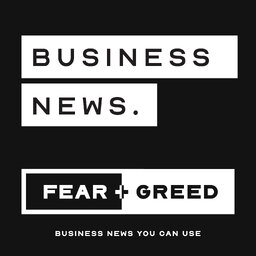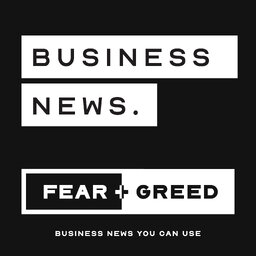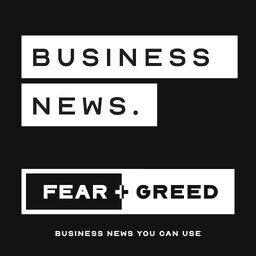Interview: The fund making a profit and a difference
ESG (environmental, social, governance) is the latest force in investing. Companies around the world are scrambling to develop their strategies and it's now a priority for many investors, big and small.
Federation Asset Management CEO Cameron Brownjohn tells Sean Aylmer it's not solely about doing the right thing for the world, it's also the key to making a profit.
In 1 playlist(s)
FEAR & GREED | Business News
Daily business news for people who make their own decisions, with business journalist Sean Aylmer an…Social links
Follow podcast
Recent clips

The Saturday Edition | 28 Feb 2026
32:08

Afternoon Report | Earnings season ends, ASX on high
06:00

Qantas takes a dive; ASX, global sharemarkets hit records; mobile phones test warning
16:33
 FEAR & GREED | Business News
FEAR & GREED | Business News